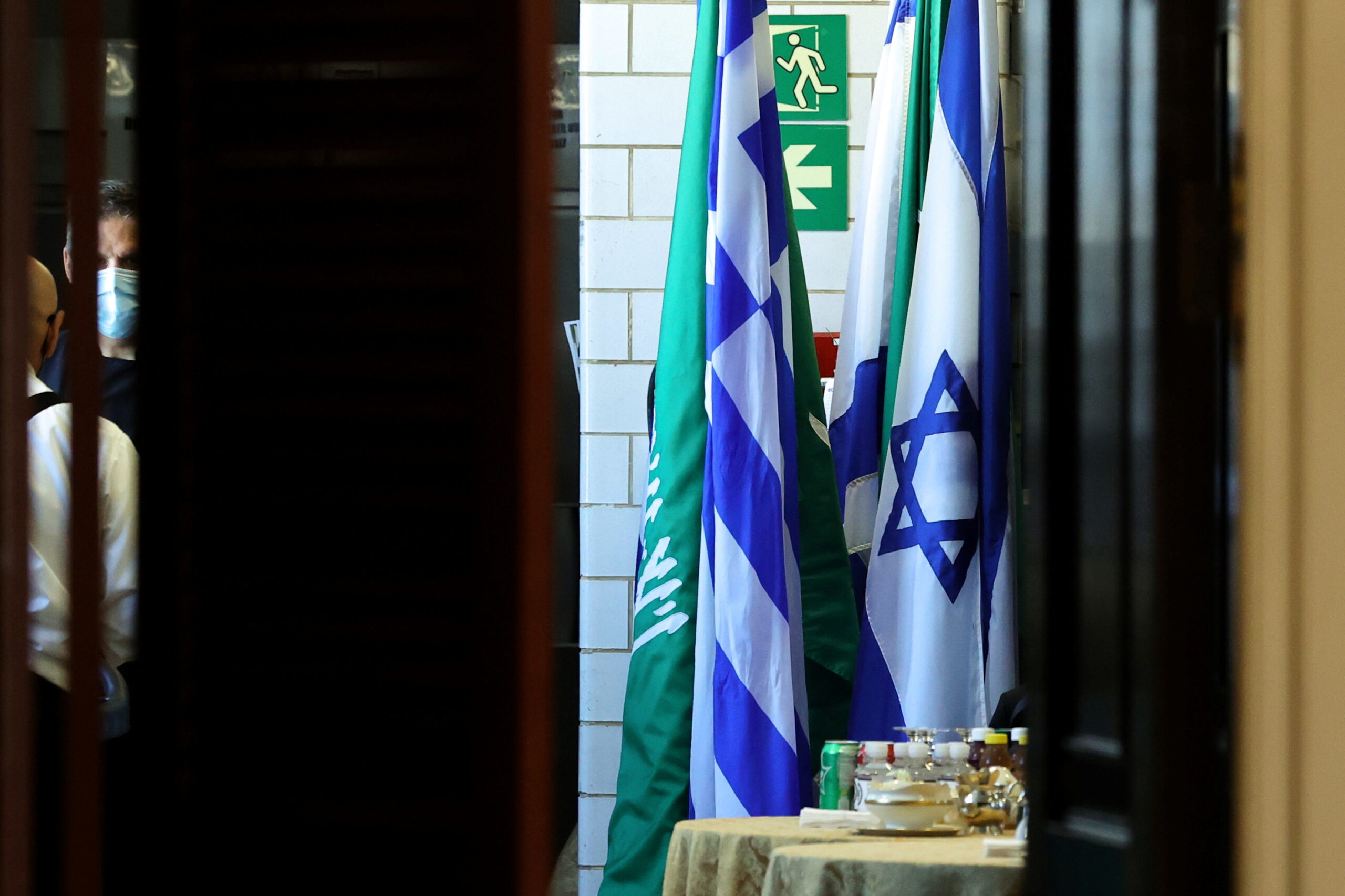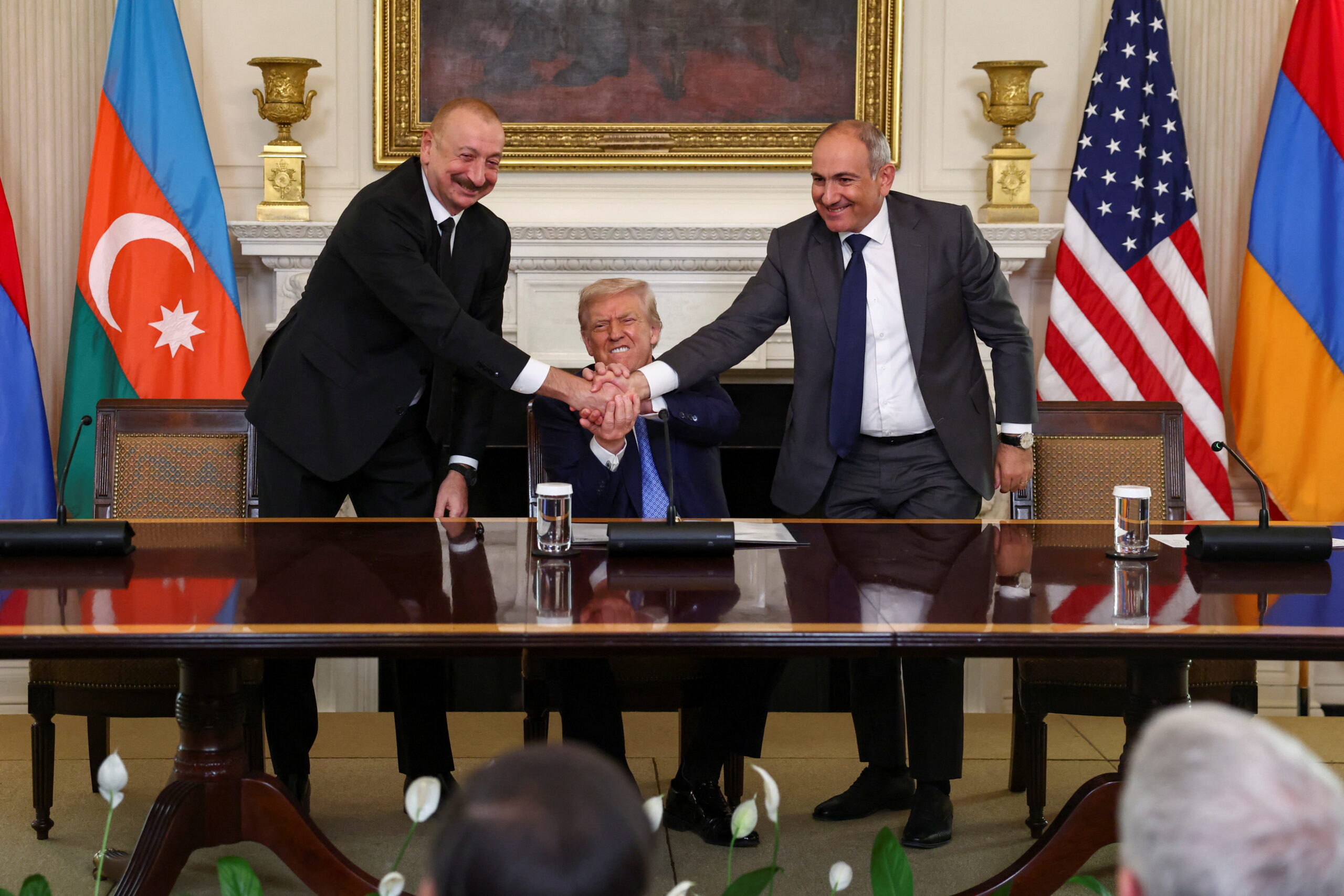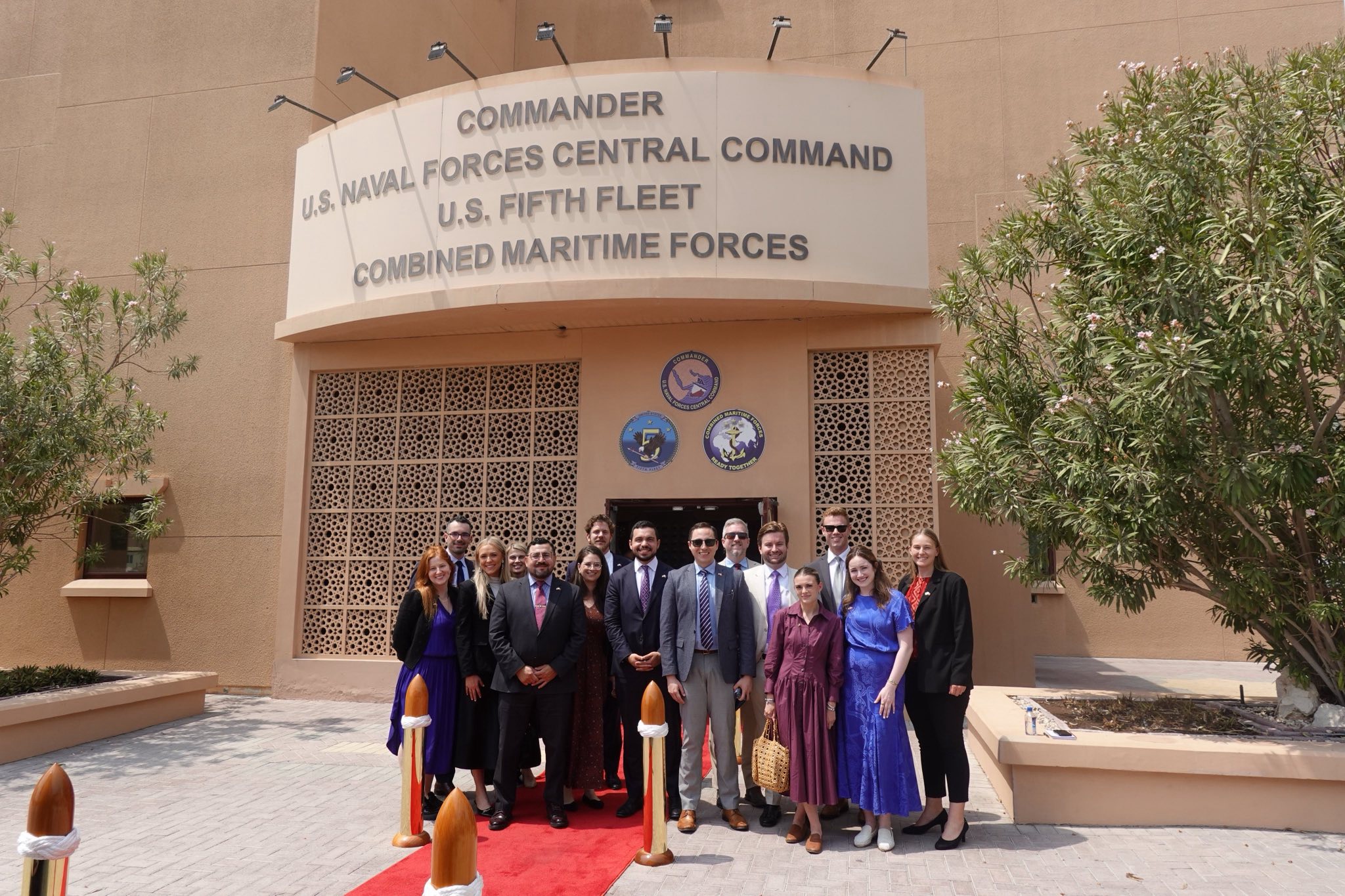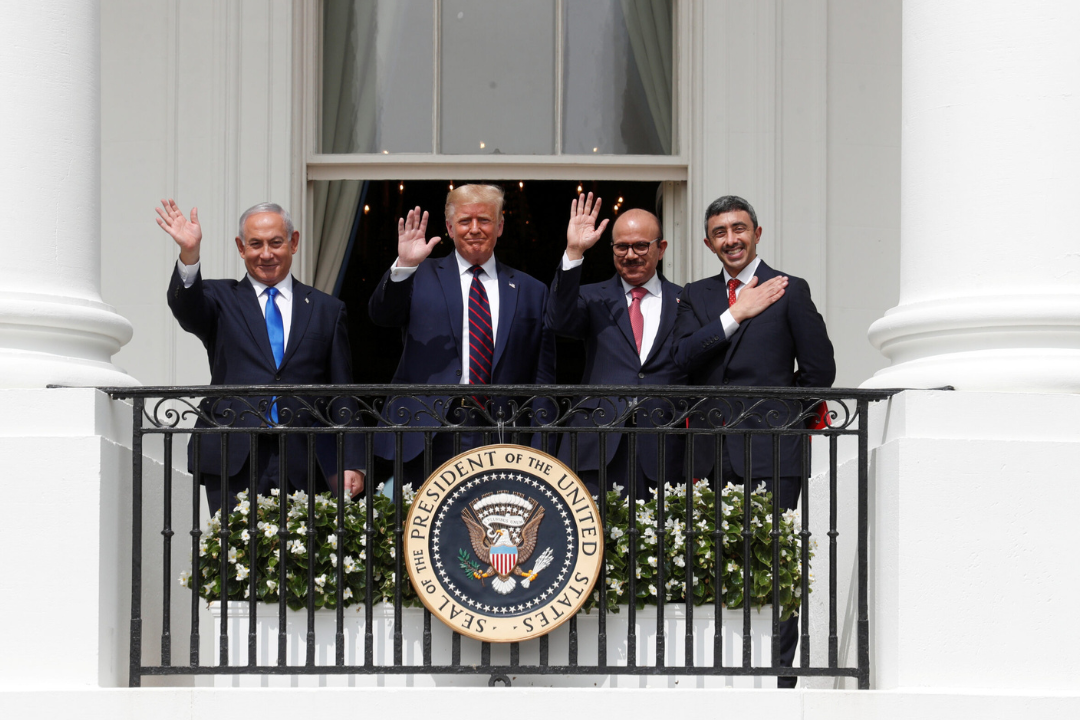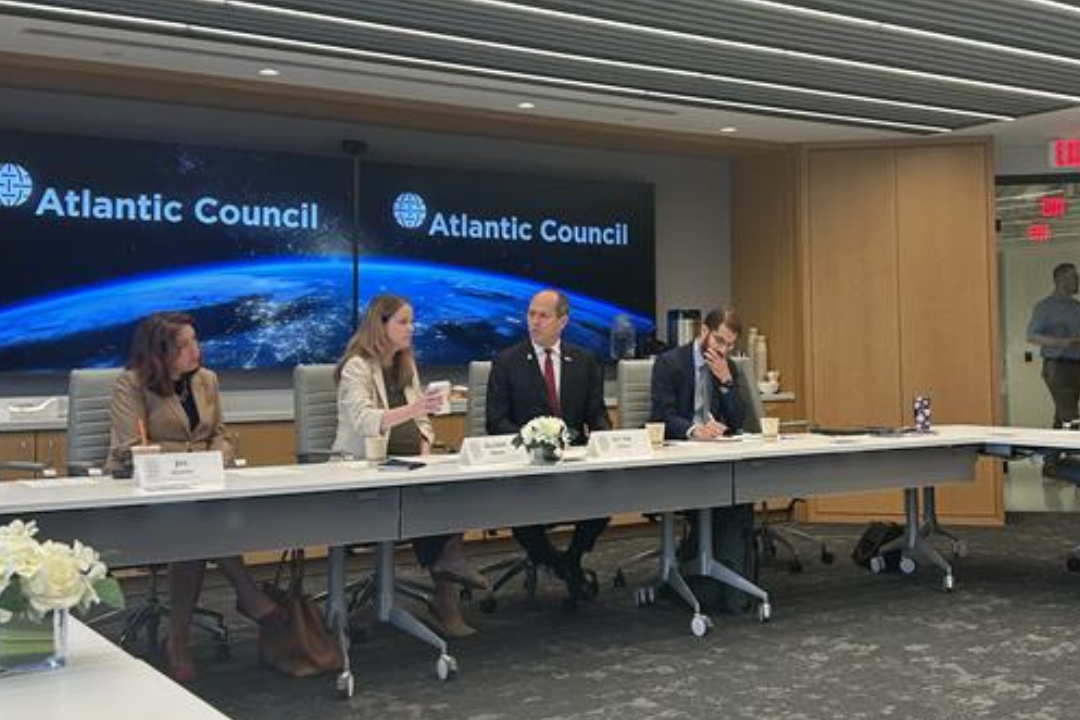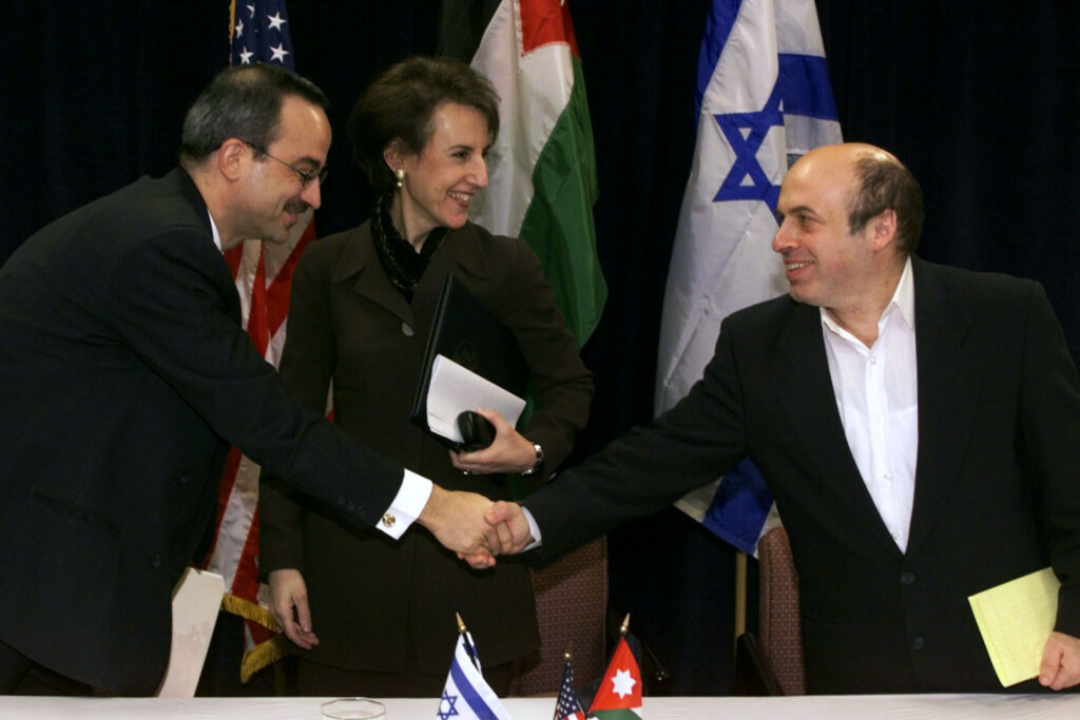By Richard LeBaron
There is much speculation but few known facts about the process underway to achieve normal diplomatic relations between Saudi Arabia and Israel. Press reports indicate that the Saudis have made certain demands of the United States as a condition of moving forward with Israel. According to reports, the Saudis require guarantees that the United States will deal with threats from Iran as well as a privileged status in acquiring nuclear technology. Some reports also indicate that the Saudis want to be left alone on human rights issues. While the Biden administration has pledged to work towards normal Israel-Saudi Arabia diplomatic ties, a recent visit to Riyadh by US National Security Adviser Jake Sullivan on May 7 did not produce any visible breakthroughs..
This bargaining with the US over Israel roughly follows the model established by other states in coming to terms with Israel’s existence: Morocco obtaining US concessions on the Western Sahara; the United Arab Emirates (UAE) getting better access to sophisticated US weapons; and, earlier, Egypt receiving massive US aid in exchange for a peace treaty with Israel. But this bargaining model is not the only way to approach the issue, and the Saudis could be better served by avoiding this indirect approach that will almost certainly yield uncertain results. With that in mind, the Saudis should examine the option of moving unilaterally to establish ties with Israel.
The direct unilateral approach carries three clear advantages for Saudi Arabia. The most important is that it would immediately and effectively address the goodwill deficit that the Kingdom suffers in Washington. A protracted public discussion in the United States about granting conditions to Saudi Arabia in connection with normalization is likely to be embarrassing and, at worst, will give little guarantee that US commitments, if provided, will be durable.
On the other hand, if the Saudi leadership acts on its own, Saudi Arabia will immediately gain the support of key constituencies in the US Congress and in the large community of organizations—Jewish, Christian, and secular—that support Israel. It is this sort of new atmosphere that the Saudis desperately need if they want constructive, long-term relations with the United States, including not only easier access to weapons, but also what they would consider due respect for their leadership. Vast sums spent on lobbyists won’t ever buy this kind of respect.
A second major advantage of a direct Saudi move with Israel would be the establishment of Saudi Arabia as the indispensable Arab power in the Middle East. Clearly, this status is one of the ambitions of the current Saudi leadership, as witnessed by recent moves to end the war in Yemen and develop a working relationship with its main strategic rival, Iran. It makes little sense for this emerging power be seen as doing the US’s bidding—a common refrain from those in the Arab world who oppose normal ties with Israel.
Acting on one’s terms when pursuing national interests is always a better strategy. Saudi Arabia is completely capable of dealing with Israel on its own. It neither needs the US as an intermediary nor does it need well-meaning individuals and organizations looking to increase their profile with the prize of normal Saudi-Israeli ties. The current Israeli leadership wants to claim this win and is asking for a big assist from the United States. The Saudis could preempt all of that maneuvering with a simple decision that puts the spotlight on them, not other actors. In other words, they could lead rather than follow.
A third good reason for acting unilaterally is that it would send a clear message to Iran. Rather than being seen as bowing to US and Israeli interests, unilateral recognition would be seen as a surprising and bold action by a confident Saudi leadership. Adding the Israeli connection would immediately shift the security balance between Saudi Arabia and Iran, further establishing Saudi Arabia as a strong regional power to be reckoned with. The move would likely lead to closer security and intelligence coordination between Saudi Arabia and Israel, although we should not be under the illusion that the Kingdom would join Israel in an attack on Iran.
There are many valid arguments against unilateral action, and they need not be dwelled upon here. Saudi leadership would need to determine how to manage its domestic public opinion, which has not been favorable to normalization with Israel. The evidence so far, however, indicates that the current leadership is confident about its ability to lead rather than follow its public.
More importantly, what about the longstanding Saudi demand that the Palestinians achieve statehood as a condition of recognition? It is less clear at this point whether the Saudis still view peace between Israelis and Palestinians as a critical or achievable Saudi interest. There has been no mention of the Palestinians on any list of leaked conditions. And there is no evidence to indicate that Saudi failure to recognize Israel has had any influence on fostering meaningful negotiations. The Saudis need to consider whether they might have more leverage with Israel on the Palestinian issue from inside the diplomatic tent.
The Saudis have a chance to define a new kind of Arab leadership—one that is not measured by its links to outside powers, does not require others to negotiate on its behalf, and establishes Saudi Arabia as a stronger, more credible regional power. The “Just Do It” option is worth a close look.
Ambassador (ret) Richard LeBaron is a nonresident senior fellow at the Atlantic Council. He served as US Ambassador to Kuwait and in a number of other senior diplomatic positions in the Middle East and Washington. He is a member of the Advisory Council of Global Ties US. Follow him on Twitter: @RBLeBaron.

